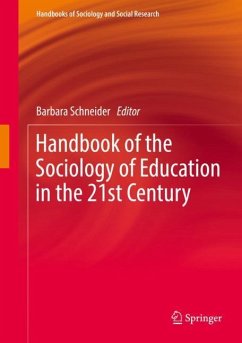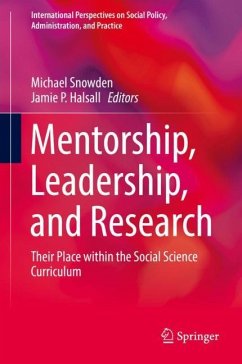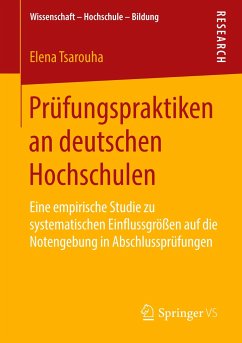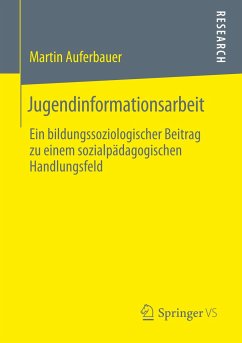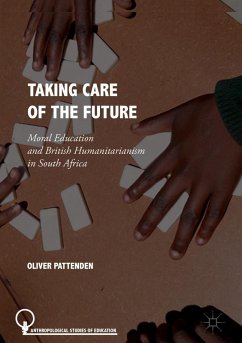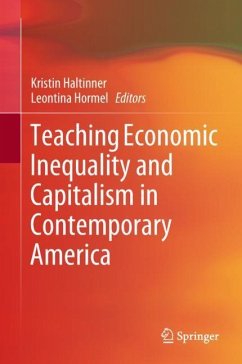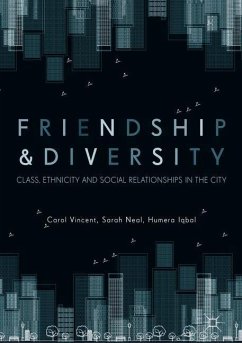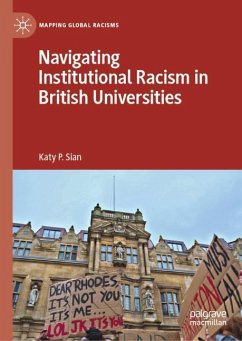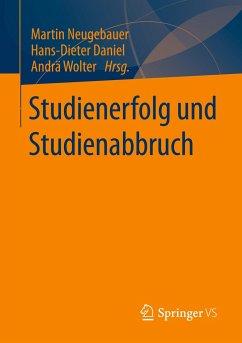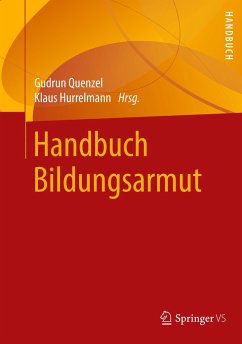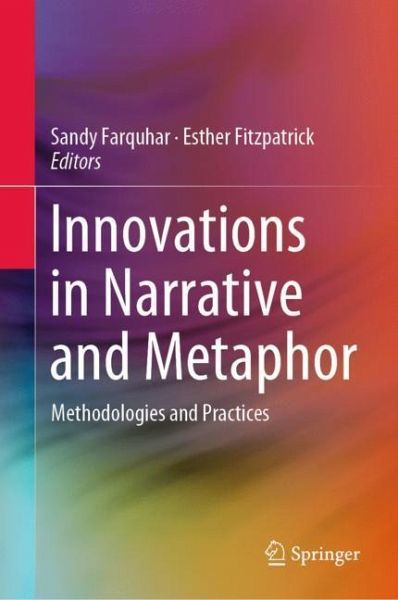
Innovations in Narrative and Metaphor
Methodologies and Practices
Herausgegeben: Farquhar, Sandy; Fitzpatrick, Esther

PAYBACK Punkte
49 °P sammeln!
This book pursues an interdisciplinary approach to open a discourse on innovative methodologies and practices associated with narrative and metaphor. Scholars from diverse fields in the humanities and social sciences report on how they use narrative and/or metaphor in their scholarship/research to arrive at new ways of seeing, thinking about and acting in the world. The book provides a range of methodological chapters for academics and practitioners alike. Each chapter discusses various aspects of the author's transformative methodologies and practices and how they contribute to the lives of o...
This book pursues an interdisciplinary approach to open a discourse on innovative methodologies and practices associated with narrative and metaphor. Scholars from diverse fields in the humanities and social sciences report on how they use narrative and/or metaphor in their scholarship/research to arrive at new ways of seeing, thinking about and acting in the world. The book provides a range of methodological chapters for academics and practitioners alike. Each chapter discusses various aspects of the author's transformative methodologies and practices and how they contribute to the lives of others in their field. In this regard, the authors address traditional disciplines such as history and geography, as well as professional practices such as counselling, teaching and community work.





